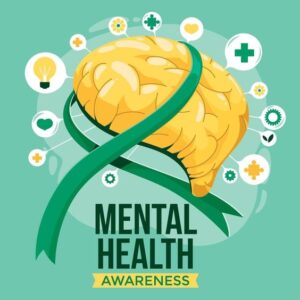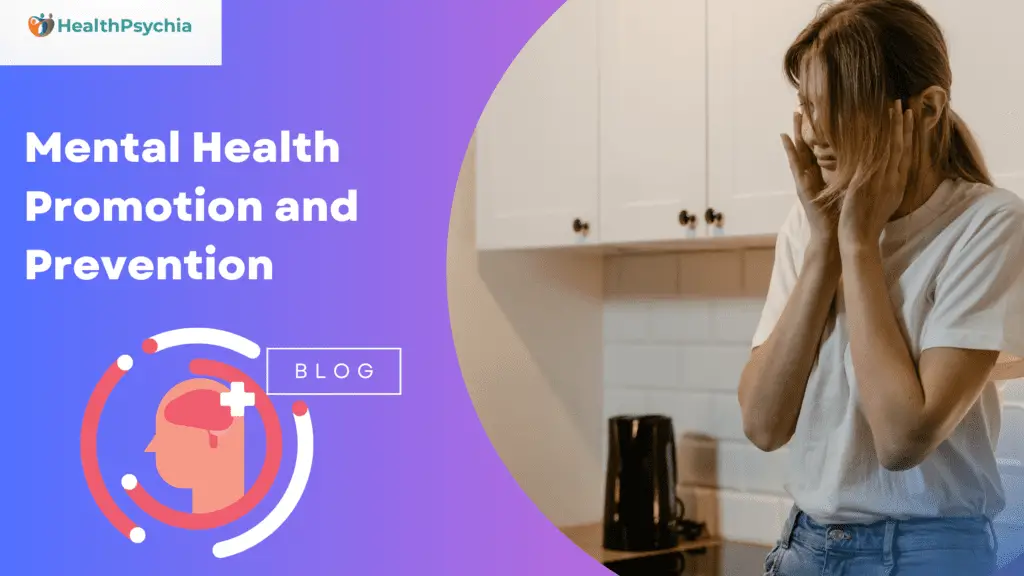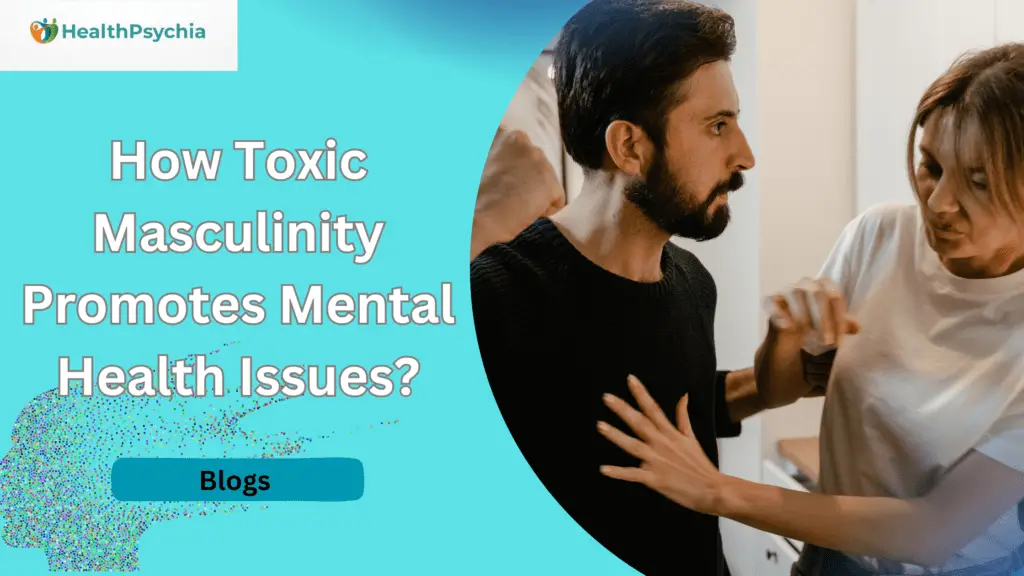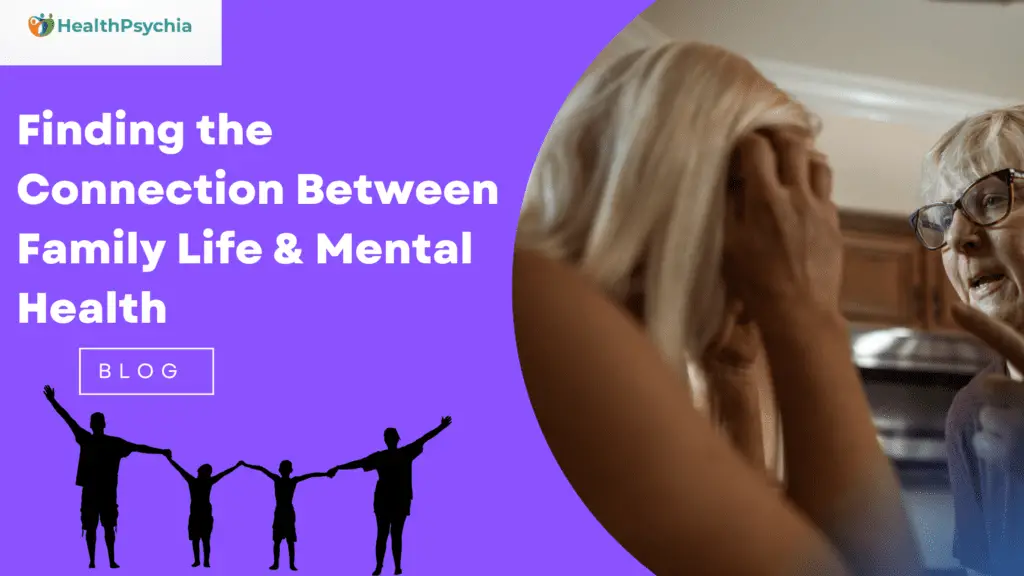Many countries are putting their efforts into mental health promotion and prevention. Mental health disorders are a growing challenge in modern society. According to John Hopkins Medicine, 1 in 4 adults suffers from a diagnosable mental health disorder.
In the US, disorders such as depression, bipolar, schizophrenia, and more, are the top causes of disability in the market economy.
The effects of these disorders are not limited to the individual suffering through them but impact society as a whole.
Individuals suffering from mental health disorders seldom seek employment; if so, they are likely to be stigmatized for their condition. This takes a blow to the country’s Gross Domestic Product per capita.
A more significant impact is on the country’s future generations as more individuals suffer from “maternal depression.”
Depression causes the mother to herself and her child during pregnancy, raising the chances of low birth weight. She might become careless regarding the child’s vaccines, the number one cause of premature death.
Hence, timely prevention and promotion of good mental health promotion are essential to the growth of the individual, society, and economy.
Risk Factors Associated With Poor Mental Health Promotion
Psychological disorders can be a result of many causes. They tend to be complex or a combination of multiple issues leading to the development of disorders.
Usually, the factors that play a role in causing psychological disorders last for a certain period but leave life-long effects that individuals suffer from for a long time.
Risk factors are causes that increase the chance of an individual suffering from a disorder. It is essential to recognize them to ensure timely interventions and protective facilities are available to prevent them.

Risk factors associated with poor mental health can be categorized as follows;
Biological Factors
- A history of mental health issues in the family.
- Complications during pregnancy.
- Head injury or traumatic brain injury.
- Excess use of drugs and alcohol.
- Unhealthy consumption of food, lack of sleep, and different use of technology.
Psychological Factors
- Life stressors such as financial problems.
- Experiencing a traumatic event such as rape, sexual assault, or deploying in a war-zone territory.
- Viewing yourself and your life through a negative perspective.
- Lack of academic achievements.
Social Factors
- Childhood trauma, abuse, or neglect.
- Facing domestic abuse and violence.
- Lack of social relations.
- Facing a difficult time, such as the death of a loved one, divorce, or losing a business.
- Bullying others or being bullied by others.
- Spending a life in poverty or inability to change your financial status. Homelessness or failure to get a job.
- Being a long-term caretaker of a sick family member.
- Discrimination which is based on gender, race, religion, and sexual orientation.
- Lack of facilities to seek help from.
Spiritual Factors
- Feeling like a sinner, perceiving yourself as irredeemable or unworthy of forgiveness.
- Perceiving yourself as insignificant.
- Having conflicting thoughts that go against your religious beliefs.
Mental Health Promotion And Prevention
We have already discussed why mental health promotion and prevention are necessary. The two are often used synonymously but have different meanings.
Mental Health Promotion
Promotion of mental health focuses on optimizing positive mental health behaviors. It focuses on how psychological disorders can be prevented before they are diagnosed.
Promoting mental health entails creating a healthy environment that supports suffering individuals, developing reforms to maintain a living standard, and reducing risk factors.
Here’s how we can promote mental health;
Intervening In Early Childhood
It should be mandatory to visit pregnant women to observe their levels of stress, their mental health, and their environment to ensure their health and, in turn, the baby’s health.
There should also be psycho-social activities in schools for young children to develop a solid foundation of emotional health.
Launching child and youth developing problems can serve as a helpful platform to develop skills, learn emotional regulation, and teach youngsters how to be in tune with themselves.

Community Development Programs
This can include violence prevention programs, and health promotional programs, among others.
It can serve as a platform for individuals to find growth opportunities, surround themselves with positive relations, get help and support from others when required, and build on their skills and strengths.
It offers a perspective to promote youth mental health by concentrating on protective aspects in a young person’s surroundings and how these factors may impact one’s capacity to cope with challenges.
Mental Health Prevention
Prevention focuses on intervening to reduce the psychological disorders that already exist. It is not focused on preventing it from happening but on preventing a diagnosed individual from worsening.
It begins with identifying a specific mental health problem such as bipolar disorders, schizophrenia, or psychological disorders described in DSM-5.
A target group or population is recognized, and the ultimate goal becomes to reduce their statistics, developing future mental health problems.
Preventive interventions are a set of interventions that become more intense as the focus becomes more individualized. You can learn more about it with the figure below.
These prevention interventions can be quite beneficial to individuals from minority communities, low-income households, or who have a background of facing stigma due to mental health issues.
Mental Health Promotion-Play Your Part
One man can make a difference, and every man should try. – Kennedy
It might seem insignificant, but it is essential to play your part in promoting and preventing mental health. Even if it helps one person, you positively change an individual’s life trajectory.
Don’t undermine your efforts; try your best to be supportive, empathic, and kind to those around you. If you want to change your community, you should start small by volunteering at local organizations.
Recovery centers and small-town clinics require volunteers to help take over some of the load. It is an excellent opportunity to learn, observe, and implement in your life and your loved ones.
This further opens the opportunity of spreading awareness in your community. You can start a conversation about mental health issues, what you have learned through your volunteer work, and how we all can play a role in living a mentally healthy life.
Suppose you believe an issue has a more significant impact than assumed. In that case, you should contact local officials to help provide ease and accommodations to those with psychological disorders.
While this is likely to be a bust, there might be some mayors, local sheriffs, or administrators that can help your community on a small scale.
Conclusion
Mental health issues are not just an individual but a whole community struggle. The families struggle, the economies worsen, and individuals get pushed into darker corners. Mental health promotion and prevention is a great way to deal with all these issues.
It is essential to join forces and collect resources to help our community in any way possible. Your mental health issues are not stronger than you – reach out for help.


